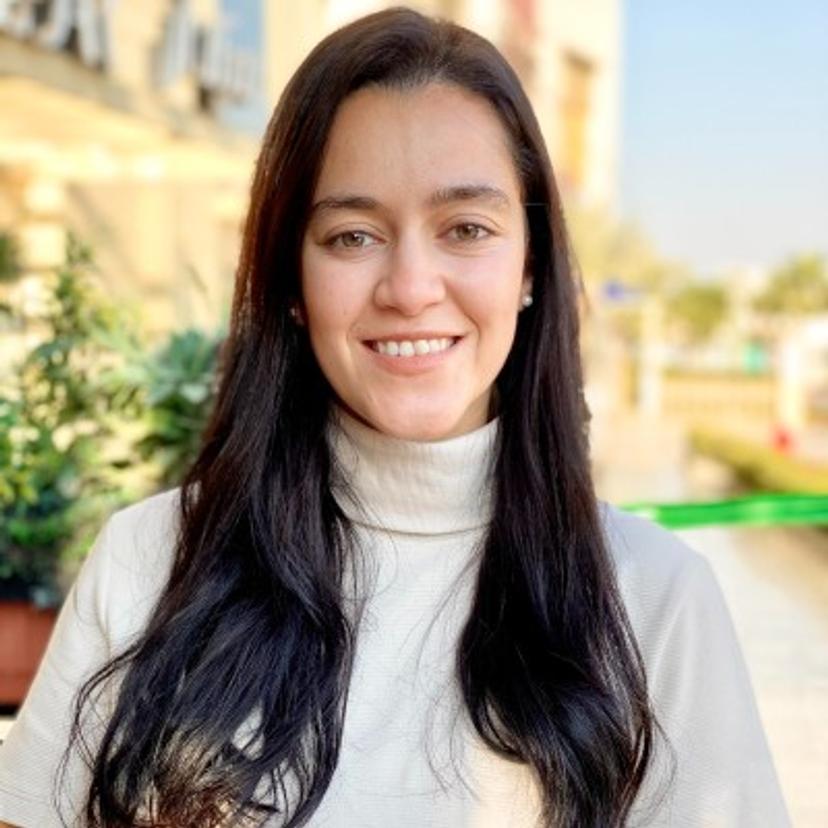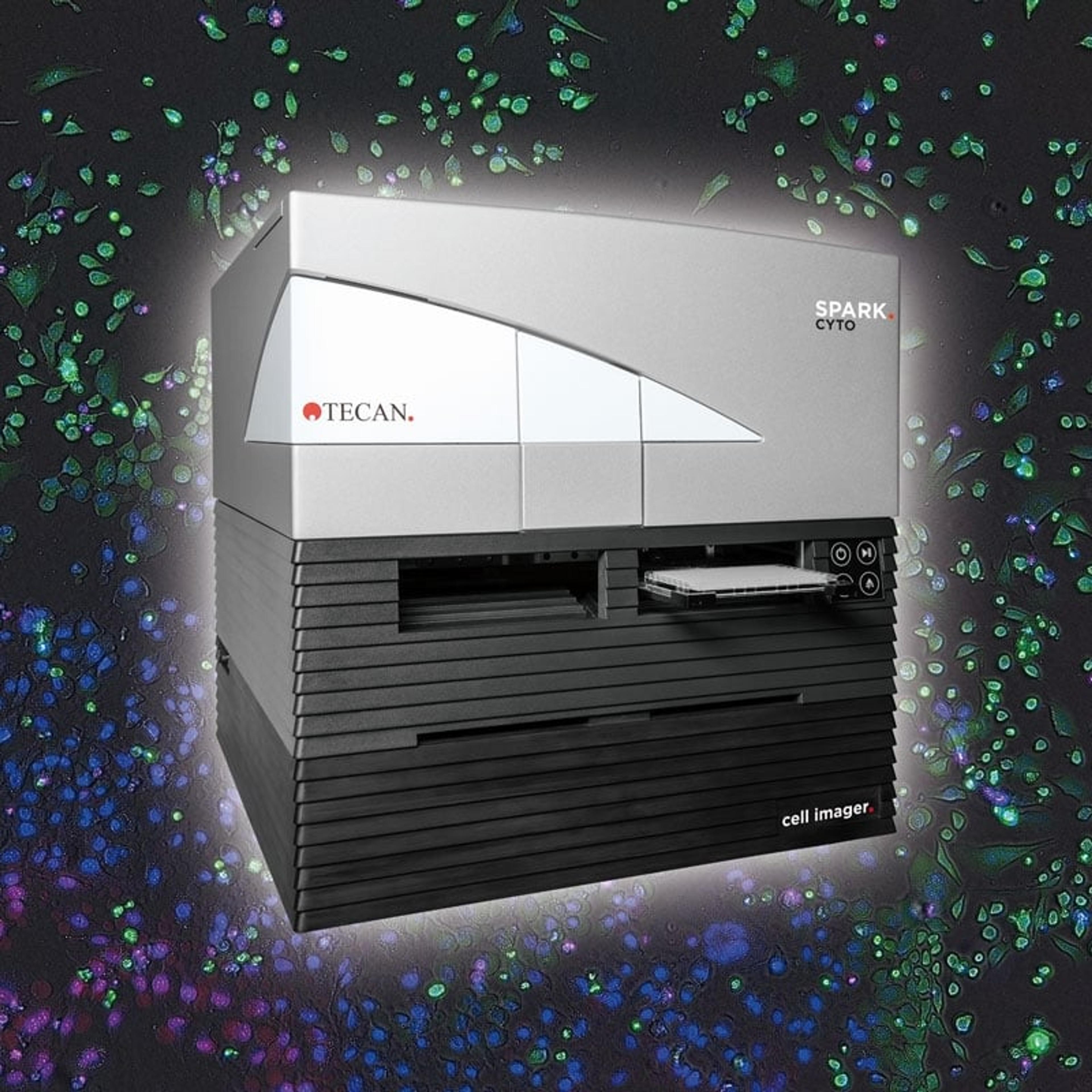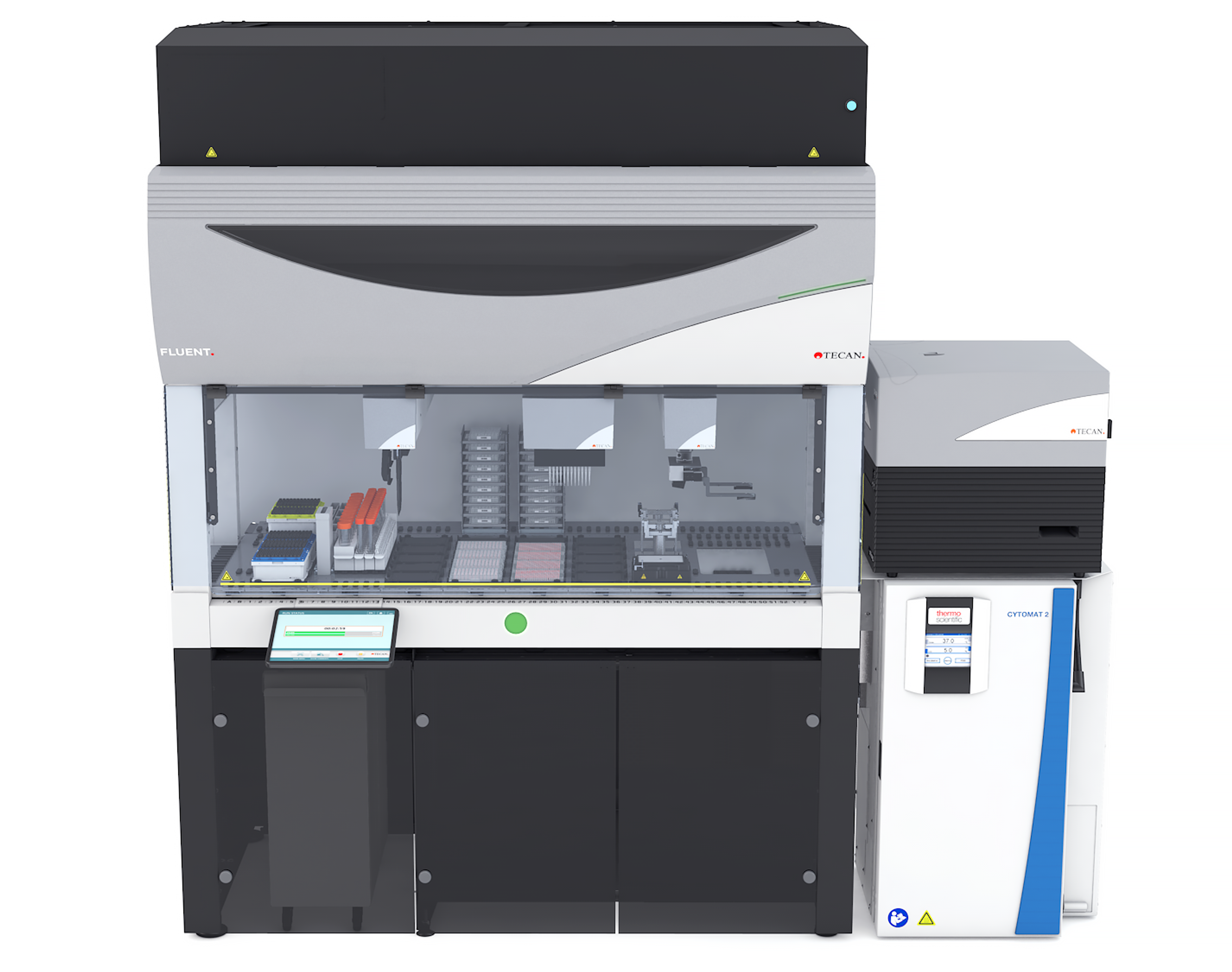Organoids revolutionize cancer treatment
Find out how research at HUB Organoids is paving the way for more effective cancer therapeutics
15 Apr 2025

Dr. Yasmine Abouleila, Senior Scientist and Project Leader at HUB Organoids
Organoids, or “mini-organs in a dish”, are an exciting step forward in cancer research. HUB Organoids, located in Utrecht, the Netherlands – and now part of the Life Science Business of Merck KGaA, Darmstadt, Germany – aims to bridge the gap between the lab and clinic by predicting patient responses to treatment using its enhanced organoid technology – revolutionizing both preclinical drug development and personalized medicine.
HUB’s mission is to develop innovative organoid solutions that integrate patient-specific models into preclinical research, advancing safer and more effective therapeutics. By creating patient-derived organoids from both normal and diseased tissues, HUB provides preclinical data that can more accurately predict patient responses to treatments, leading to more personalized and efficacious therapies.
In this interview with Dr. Yasmine Abouleila, Senior Scientist and Project Leader at HUB Organoids, we explore how her team's groundbreaking work is transforming cancer treatment.
Advancing personalized medicine through organoids
Organoid technology is revolutionizing cancer research at the intersection of personalized medicine, drug discovery, and translational research. "First, we're seeing real progress in using patient-specific organoid models to guide treatment decisions. By screening various therapies, including small molecules and antibody-drug conjugates (ADCs), directly on a patient’s own tumor-derived organoids, we can begin to personalize therapy in a meaningful way," Abouleila explains.
The ability to use organoid models derived from individual patient tumors represents a leap forward in precision medicine. Traditional cancer treatment often relies on generalized protocols, which can fail to account for the unique genetic and environmental factors affecting a patient’s tumor. Organoids allow for individualized treatment plans, potentially increasing the efficacy of therapies and reducing unnecessary side effects.
Abouleila adds, "Organoids are proving invaluable for disease modeling and resistance studies. By recapitulating in vitro the complexity of in vivo tumors, we’re able to study how cancer evolves under treatment pressure and identify mechanisms of drug resistance – something that’s hard to do with traditional cell lines."
Finally, the growing ability to correlate organoid drug responses with actual patient outcomes is one of the most powerful aspects of this technology. "The more we validate these correlations, the closer we get to using organoids as routine tools in precision oncology,” Abouleila concludes, emphasizing how this brings real clinical predictive value to the research process.
Overcoming challenges in organoid research
Despite their promise, working with organoids comes with significant challenges. Obtaining patient material for research can be difficult, with high-quality samples often limited in availability or subject to strict ethical and regulatory constraints. Once samples are secured, establishing and growing organoids is a labor-intensive process that requires skilled researchers to culture and monitor them over extended periods.
Abouleila notes that HUB is addressing these hurdles through a combination of collaboration and automation. "At HUB, we have an extensive network of hospitals and collaborators that streamlines access to patient material. This ensures a steady, diverse supply of samples for organoid biobanking, which is critical for maintaining the breadth of our research."
Leveraging automation for efficiency and precision
Automation plays a critical role in scaling organoid research and improving reproducibility. HUB uses the Fluent® Laboratory Automation Workstation from Tecan and has found it to be essential for streamlining workflows in high-throughput screening. The platform allows researchers to precisely dispense various compound concentrations into organoid cultures within multi-well plates, accelerating the testing of potential therapeutic agents.
HUB is continuously working to automate and scale up organoid establishment, culturing, and screening processes. "By automating many of these tasks, we significantly reduce the manual workload and improve the consistency and efficiency of our workflows," Abouleila explains.
"An automated system ensures that we can handle larger numbers of samples with greater consistency, leading to more reliable data and faster results," says Abouleila. "This is crucial when testing multiple drug candidates and therapies across a variety of patient-derived organoids."
Furthermore, the Spark® Cyto multimode imaging plate reader from Tecan provides real-time, detailed data on organoid growth, morphology, and size. The system’s integrated imaging capabilities allow for continuous monitoring of organoid development and response to experimental conditions, which is essential for understanding dynamic processes like tumor growth, organoid differentiation, and drug resistance. Abouleila comments, "with the ability to track organoid behavior over extended periods using time-lapse imaging, we can observe and document changes that might not be evident in traditional one-time endpoint assays."
The imaging plate reader also supports bright-field and fluorescence imaging in combination with well wise multiplex readouts such as luminescence, allowing for versatile analysis under different experimental conditions.
Looking to the future of organoid technology
Abouleila and her team are excited about the future of organoid technology and its potential to revolutionize medicine. "Our goal is to refine and enhance the protocols to scale up and automate organoid-based assays. This will ensure that they are both reliable and widely adopted in preclinical drug development pipelines and personalized medicine."
Abouleila is particularly enthusiastic about the potential of organoids to reduce the reliance on animal testing. "As we move forward, we aim to minimize the use of animal models by utilizing organoid technology in drug discovery and testing. This will not only make the process more ethical but also more efficient, as we can test therapies directly on human-derived models rather than relying on non-human species."
By scaling up these organoid technologies, HUB aims to improve drug discovery and personalized treatment strategies, ultimately leading to better patient outcomes. Abouleila believes that, in the future, organoids could become routine tools in clinical settings, supporting tailored cancer treatments that are more effective and less toxic. A partner like Tecan will help us expanding organoid-based experiments by providing standardized and automated workflow solutions for analysis.
Spark Cyto is for research use only. Not for use in diagnostic procedures.


